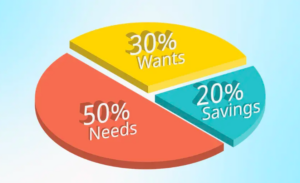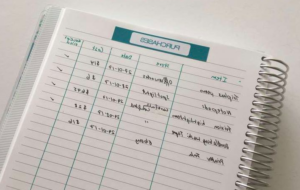Introduction to Frugal Living
Frugal living is not about depriving yourself of joy or cutting out everything you love. Instead, it’s about being mindful of how you spend your money and finding ways to live well while spending less. Whether you’re trying to pay off debt, save for a big goal, or build an emergency fund, adopting a frugal lifestyle can help you gain control over your finances without sacrificing happiness. This guide will walk you through practical strategies to cut costs and maximize savings, step by step.
Understanding Your Spending Habits
Before you can make meaningful financial changes, it’s crucial to understand your spending habits. Start by tracking every dollar you spend for at least a month. Use apps, spreadsheets, or a simple notebook to categorize your expenses—housing, groceries, transportation, entertainment, etc. This exercise brings clarity to where your money is going and highlights areas where you might be overspending. From there, you can create a realistic budget that prioritizes essential expenses and savings while cutting back on non-essentials. Awareness is the first step to transformation.
Cutting Down on Housing Costs
Housing is the single largest expense for most people, but it also provides one of the biggest opportunities for savings. If you rent, consider downsizing to a smaller, cheaper place or getting a roommate to share costs. If you own your home, refinancing your mortgage for a lower interest rate or renting out a spare room can significantly reduce expenses. Beyond rent or mortgage, lowering utility bills is another powerful way to save. Simple steps like turning off lights when not in use, using energy-efficient appliances, and sealing drafts can make a noticeable difference.
Saving on Transportation
Transportation can eat up a huge portion of your income, especially if you rely heavily on driving. To save, consider carpooling, using public transportation, or biking for short commutes. If you need a car, switch to a reliable and fuel-efficient model to lower gas and maintenance costs. Cut unnecessary trips by planning errands efficiently and take advantage of growing car-sharing services if owning a car isn’t essential. When possible, work remotely to save time and money on commuting. Every mile saved is more money in your pocket.
Smart Grocery Shopping
Groceries might seem like a fixed expense, but with a few strategies, you can cut down costs dramatically. Start by planning meals in advance and creating a shopping list to avoid impulse purchases. Stock up on sales for non-perishable staples, and don’t shy away from generic or store-brand products—they often rival name brands in quality at a fraction of the price. Shop at discount stores, take advantage of loyalty programs, and stick to seasonal produce. Cooking at home instead of dining out is another impactful habit that’s healthier for both your wallet and your waistline.
Reducing Entertainment Expenses
Enjoying life doesn’t have to cost a fortune. Instead of splurging on expensive outings, look for free or low-cost activities in your community. Many cities host free events like concerts, outdoor movie nights, or art exhibitions. If you love dining out, limit this to special occasions or explore happy hours and early-bird specials for discounts. Dial back on subscriptions—do you really need multiple streaming services, or could you rotate through them? Focus on experiences over consumption; nature hikes, game nights, and potlucks with friends deliver fun without the heavy price tag.
Automating Savings
Saving money is easier when it happens automatically. Set up automatic transfers from your checking account to your savings account every payday, even if it’s just a small amount. By prioritizing savings, you’ll be less tempted to spend that money on non-essentials. Consider automating bill payments to avoid late fees, and join programs that round up your purchases to save the spare change. You can also take advantage of cash-back credit cards or apps to earn money on your everyday expenses. Automation ensures your savings grow passively while you focus on living life.
The Benefits of Frugal Living
Adopting a frugal lifestyle can transform your financial outlook and bring a range of unexpected benefits. Besides trimming your expenses, it teaches you to value what truly matters in life. You’ll gain financial freedom, reduce stress, and build a safety net for the future. Frugality also fosters creativity, encouraging you to think outside the box to solve problems or make do with what you already have. Most importantly, frugal living aligns your spending with your goals, helping you achieve what you desire most. The road to financial health begins with small, practical changes, and the rewards are worth the effort.




